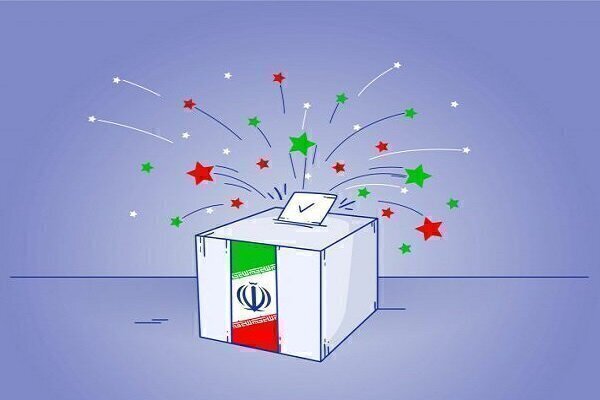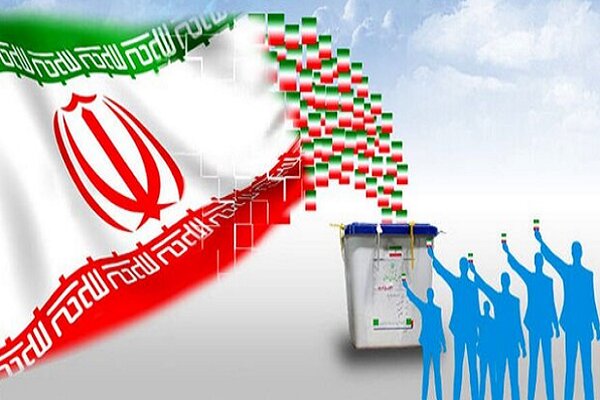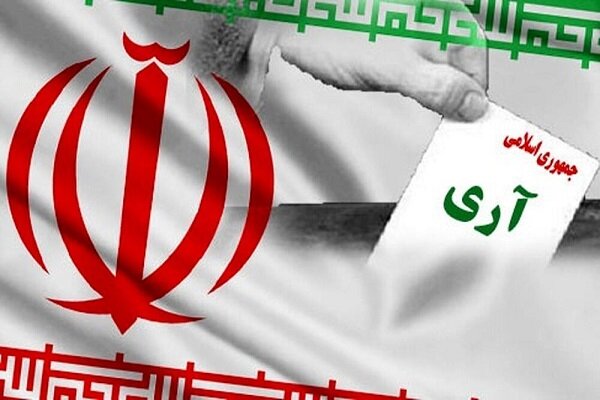Islamic Republic Day is celebrated annually on the 12th of Fabadhan, Iran.
National Holiday commemorates the establishment of Islamic Republic of Iran in 1979.
The day highlights the country’s political and cultural identity and celebrates its achievements and aspirations as a nation.
On the 12th of Falvaldin 1358 (April 1, 1979), the greatest participation of the people proved the will of the Islamic Iranian people in pride, freedom and independence.
Islamic Republic Day is known as the milestone that will end the country’s centuries-old monarchy.

A decisive vote for the Islamic Republic
On the day, Iranians voted in favor of the establishment of the domestic Islamic Republic and the political system based on Iran’s political system’s commitment and vigilance towards Islam.
In a two-day referendum on landmarks held from 30-31 March 1979, he voted “Yes” to establish the country’s Islamic Republic, exceeding 98.2% of eligible Iranians.
The vote, less than two months after the victory of the Islamic Revolution, is considered a turning point in Iran’s modern history.
People’s opportunities were the beginning of the sacred path of religious democracy across the world, divided between the realization of the slogan of “Independence, Freedom, Islamic Republic” and the ideology of the Communist East and the capitalist western capitalist.
The auspicious day became a turning point in the history of the revolutionary states of the great Iranian nations, a prelude to the establishment and integration of the sacred Islamic Republic of Iran, the result of courage and sacrifice by the brave people of Iran, in protecting their enormous achievements.
On the day, religious democracy was a godly gift given to the Iranian state by the founder of the late Imam Khomeini (RA), the leader of the Islamic Republic.

Imam Khomeini described April 1 as “the first day of Allah’s rule,” and, with the approval of the constitution by the state councillors, believed that the next step for the Iranian state would be taken to implement Islamic laws in all segments of the country.
On this day, the majority of Iran voted to become Iran the Islamic Republic. Iran was a monarchy of 2,500 years until this auspicious day when millions of Iranians voted for the Islamic Republic. This day is called the Islamic Republic Day.
On this day, 98.2% of Iranians voted for changes in their country’s political system. After enduring years of secular political systems and various monarchies, Iranians voted for a political system that was consistent with Islamic beliefs. This new political system did not push religion away, but rather embraced it.
The Islamic Republic uses Islamic law and beliefs to shape its laws, morals and lifestyles. The literal meaning of a Republic is the state in which the highest power is maintained by the people and their elected representatives, and there is an elected or appointed president.
Iran is a republic and it is the people who voted for this political system and voted for the president, pastor and council that elected the supreme leader. Iran is also Islam in the sense that it follows all Islamic laws and rulings and is consistent with Islamic teachings.
These two words, “Islam” and “Republic” are two inseparable words for today’s Iranian political system.
By electing the Islamic Republic, Iranians chose to be freed from unhealthy affiliation and attachment to the West. Furthermore, they voted and fought for the independence of their country. As a result, Iran is now an independent country.
The collapse of the Pahlavi regime and the victory of the voices of the people have brought about many changes in the world, especially in the Middle East. These changes were not pleasant changes for nearby settlers.
Many plots have been planned to destroy Iran’s political system, including an eight-year war with Iran. The Iranians made their country a success. But their enemies are still alienated.
Today, these attacks on Iran consist of many sanctions and, more recently, opposed to Iran’s efforts to acquire peaceful atomic energy. The Iranian enemy does not want an independent Iran and will do anything to deny this right.
Every year, on the 12th of Fabadhan, the Iranians renew their vows to follow the principles of Imam Khomeini, and once again promise to finish their martyrs’ work and remember the difficulties that martyrs endured for God and their nation.
Republished

